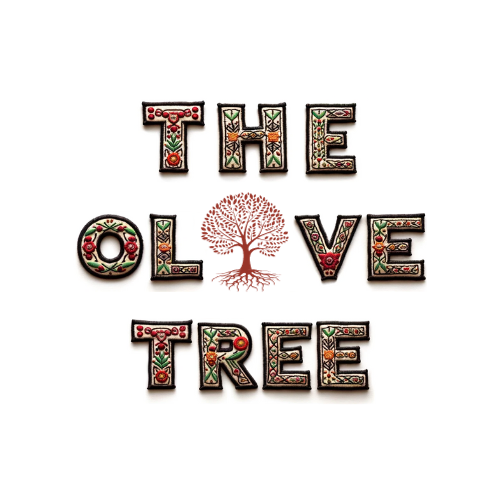If You Think It Began on October 7, You Haven’t Been Paying Attention

3 min read
It Didn’t Start on October 7 — It Started When Palestine Was Promised Away
When someone asks, “Do you condemn what happened on October 7?” the question already assumes that history began that morning.
But violence in Palestine did not erupt out of nowhere. It began long before rockets, long before the blockade — it began when a land that wasn’t Britain’s to give was promised to someone else.
The Balfour Declaration: A Colonial Promise
In 1917, the British government issued the Balfour Declaration, pledging to establish a “national home for the Jewish people” in Palestine — a land already inhabited overwhelmingly by Palestinians.
Britain was not granting refuge to a persecuted people out of compassion; it was managing an empire. The declaration served imperial interests, not moral ones — a way to secure influence in the Middle East while disguising colonial expansion under humanitarian language.
No Palestinian voice was consulted. No consent was sought.
That letter — just 67 words long — would go on to reshape millions of lives.

Zionism: A Political Project Dressed in Theology
The early Zionist movement was never inherently religious.
In its inception, Zionism was a secular, nationalist project — a political idea that sought to create a safe homeland for European Jews in an age of antisemitism.
Its founder, Theodor Herzl, didn’t envision a biblical return; he envisioned a geopolitical refuge. And at first, Palestine wasn’t even the destination.
In the early 1900s, Zionist leaders explored various options:
- Argentina, for its vast agricultural potential,
- Madagascar, floated by the French as a resettlement option,
- and even Uganda, proposed by the British as a “temporary Jewish homeland.”
None of these gained traction. Why?
Because none of them could be sold to the world — or to Jewish communities themselves — as divinely destined.
So, when political traction waned, the movement found its most powerful marketing tool: the Bible.
The “Land of Israel” was rebranded not as one choice among many, but as the only legitimate choice — a sacred inheritance.
A secular colonial project suddenly had divine backing.
Politics found its prophet.
1948 and the Birth of a Wound
That myth culminated in 1948, when the new state of Israel was declared, and more than 700,000 Palestinians were expelled or fled under fire. Over 500 villages were destroyed. Families still carry the keys to homes bulldozed to make room for others.
This is what Palestinians call the Nakba — the Catastrophe — not a moment in time, but the beginning of a permanent reality: occupation, exile, and a world that decided not to see.
Since then, military occupation, checkpoints, and an ever-expanding settlement network have turned the map of Palestine into a patchwork of cages. Gaza was sealed, besieged, and bombed repeatedly — its people punished for existing on the wrong side of history’s paperwork.
The Myth of October 7
So when Western commentators begin the story on October 7, 2023, they are not seeking truth — they are seeking narrative control.
They ignore the 75 years before it, where occupation, siege, and systematic dehumanization were normalized.
They call Hamas’s actions “unprovoked,” yet refuse to name the provocation of decades-long blockade, land theft, and displacement.
Condemning civilian deaths should never depend on nationality.
But outrage that only begins when the oppressed fight back is not morality — it’s bias.
The Hypocrisy of the “Secular State with a Sacred Right”
Israel was founded as a secular political entity, yet it constantly invokes biblical ownership to justify its modern-day expansion.
It claims democratic ideals while defining itself constitutionally as a state for one ethnicity.
It presents itself as a refuge for the persecuted while turning religion into a border wall.
You cannot claim to be both a secular democracy and a divinely ordained project.
You cannot claim universal human rights while denying them to the people whose land you occupy.
The Real Beginning — and the Only Way Forward
The violence didn’t begin on October 7.
It began in 1917, when empire carved promises on stolen paper.
It deepened in 1948, when a people were exiled to make room for another.
It continued through every checkpoint, every demolished home, every airstrike, and every silenced voice.
If peace is ever to be real, history must be told from the beginning — not from the day the cameras started rolling.
Justice begins when the world stops pretending that a century of dispossession can be reduced to one day of violence.

